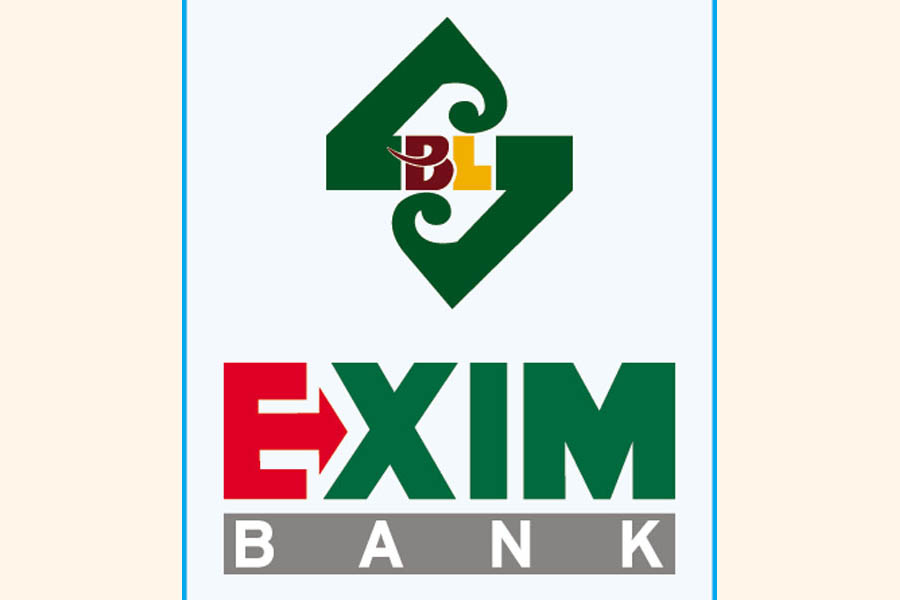
Published :
Updated :

Standard Bank and Exim Bank have received Bangladesh Bank's approval to raise Tk 6 billion in total by issuing subordinated bonds for strengthening their Tier-II capital base under Basel-III norms.
The central bank has given no objection certificate (NOC) to Standard Bank's coupon bearing non-convertible fully redeemable unsecured 4th mudaraba subordinated bonds worth Tk 3.50 billion instead of originally requested Tk 10 billion.
The BB has also given consent to Exim Bank's 6th subordinated bonds for raising Tk 2.50 billion, instead of Tk 3 billion sought, to strengthen Tier- II capital, according to a stock exchange filing on Tuesday.
The central bank has reduced the amounts of capital to be raised by both banks.
Requesting not to be named, a central bank official said the central bank had cut the original amounts of bonds after analyzing the banks' financial indicators.
However, the issuances of the bonds would require approval of the Bangladesh Securities and Exchange Commission (BSEC).
All other details of the proposed bonds, including purpose, terms, and conditions will remain unchanged, according to the disclosure.
Standard Bank
In May this year, the board of directors of Standard Bank decided to issue coupon bearing non-convertible fully redeemable unsecured 4th mudaraba subordinated bonds worth Tk 10 billion to strengthen its capital base.
Standard Bank looks to meet the requirements for Tier-II capital base to support the bank's Basel-III compliance as per the Bangladesh Bank's December 2014 guidelines on risk-based capital adequacy.
The term Tier-II capital refers to one of the components of a bank's required reserves. It is designated as the second or supplementary layer of a bank's capital and is composed of items, such as revaluation reserves, hybrid instruments, and subordinated term debts. It is considered less secure than Tier-1 capital.
The lender will issue the bonds to fulfill the requirement of Basel III.
Basel III is a set of reform measures intended to improve regulation, supervision, and risk management in the global banking sector.
The bonds will have a maturity period of seven years. The lender will sell the units through private placements at floating interest rate.
The bank's consolidated profit jumped 137 per cent year-on-year to Tk 346 million in January-June this year, riding on higher interest and exchange income.
Each share of the bank, which was listed on the Dhaka Stock Exchange (CSE) in 2003, closed at Tk 6.80 on Tuesday, soaring 3.03 per cent.
Exim Bank
In June this year, the board of directors of Exim Bank has accorded its approval for the issuance of Exim 6th subordinated bonds worth Tk 3 billion.
Subordinated debt (debenture) is a loan or security that ranks below other loans or securities when it comes to settling claims on assets or earnings.
Bonds, with a maturity period of seven years, will be non-convertible, unsecured, fully redeemable, and will have floating rates.
The bank wants to strengthen Tier- II capital under Basel-III norms through private placement.
The bank's consolidated earnings per share dropped to Tk 1.14 in January-June this year, from Tk 1.21 in the corresponding period of the year before.
Its stock closed at Tk 8.60 per share on Tuesday, losing 1.15 per cent over the previous day.
Meanwhile, the central bank on August 30 reconstituted the board of directors of Exim Bank, removing its long-standing chairman Nazrul Islam Mazumder.
Mr Mazumder allegedly forced banks to give donations to former Prime Minister Sheikh Hasina's relief fund as the chairman of Bangladesh Association of Banks (BAB), an apex body of the private commercial banks.
Mazumder played a key role in collecting such donations, either in cash or kind such as blankets, under the Corporate Social Responsibility (CSR) programmes.
babulfexpress@gmail.com


 For all latest news, follow The Financial Express Google News channel.
For all latest news, follow The Financial Express Google News channel.